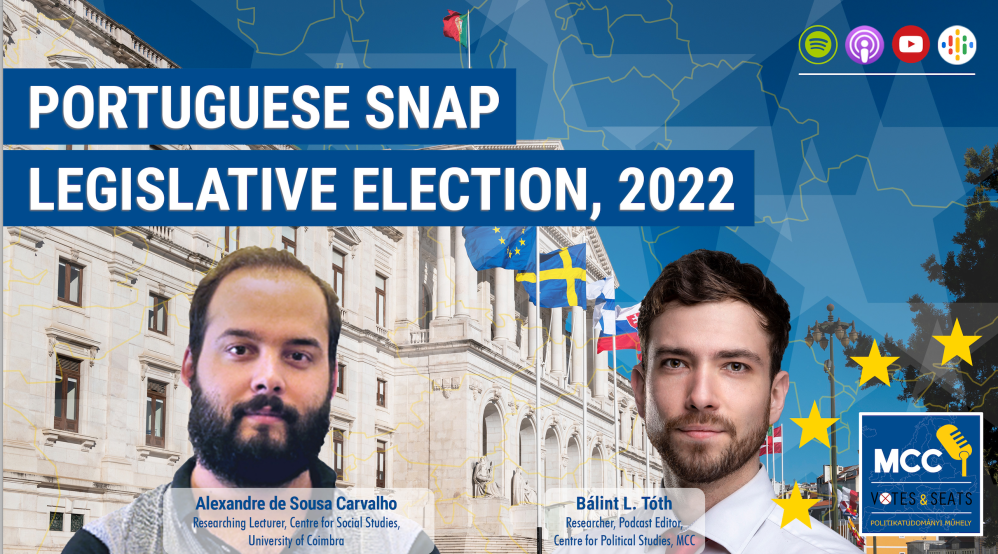The snap election was called for due to the rejection of the 2022 state budget as the left-wing parties joined the right-wing ones in voting against the proposal. The center-left Socialist Party of Prime Minister António Costa secured an unexpected majority in the Assembly of the Republic obtaining around 42% of the vote, while its main opponent, the liberal-conservative Social Democratic Party slightly underperformed the surveys and gathered around 29%. As a new phenomenon, the right-wing populist CHEGA saw an increase in popularity and finished in third place.
The analyst gave us an insight into the political geography of Portugal highlighting that around 90% of the population lives in the coastal areas of the country, where the northern territories tend to be more conservative, as opposed to the southern regions that traditionally lean left. While the communists are losing their historical electoral base in the rural south and the outskirts of Lisbon, the national-conservative CHEGA has been gaining ground in these previously far-left strongholds, especially among the young male population.
Mr. de Sousa Carvalho stressed that it was not necessary to go for a snap election as there was nothing preventing the socialists from resubmitting a new budget proposal. Our guest expert finds that the decision was based on mere tactics. According to him, the governing Socialist Party took advantage of the temporary weakening of smaller centrist and right-wing parties struggling with internal fights over recent leadership changes. The socialists saw an opportunity to strengthen their parliamentary representation and purposefully filed a budget proposal that they knew would be unacceptable to far-left parties in order for them to blame the entire political crisis on their leftist opponents.
Should you be interested in digging deeper into the world of Portuguese politics, please give a listen to the newest edition of our podcast series.
Mr. Carvalho’s main filed of research includes discourse, semiotics and political representations, internet and societal change as well as populism and masculinities. Mr. Carvalho is a PhD Candidate in Political Science at the University Institute of Lisbon.










